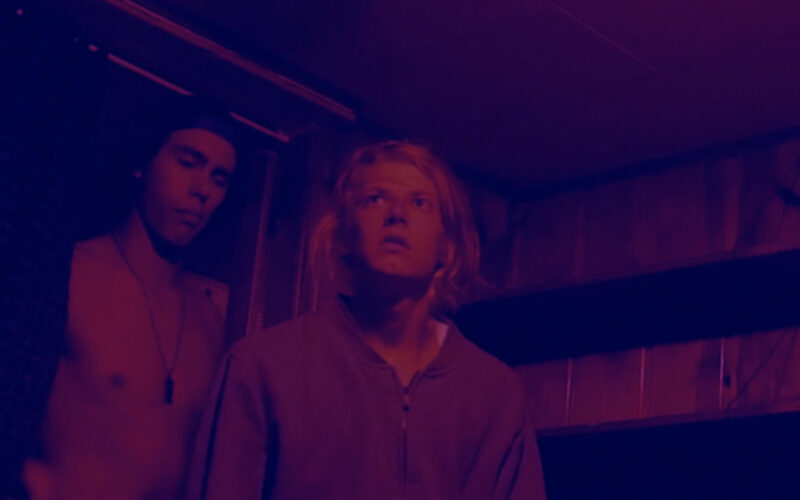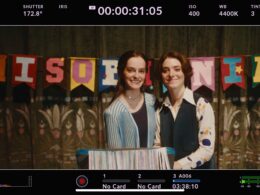Hi there! Can you introduce yourself and share a bit about who you are, where you’re from, and what you do?
My name is Grant Carsten. I am a freelance filmmaker, focused on the depth of human struggle. I am from Park City, Utah.
My music scoring and video editing are the accomplishments that I am most proud of with cinematography a close second. I have produced, written, and directed my projects as well, though I have plenty to learn about marketing, lighting, production design, and visual effects. I aspire to be an an actor’s director and effects director, especially with the kinds of films that I want to make.
“Film is the reason that I am healthy and functioning today.”
My long term projects are numerous, writing screenplays and developing films I want to make, as well as working on projects for friends. My current projects are editing and scoring a feature film for a friend, scoring a video game which was partially inspired by this movie, and finishing a fireworks show reel for the future.
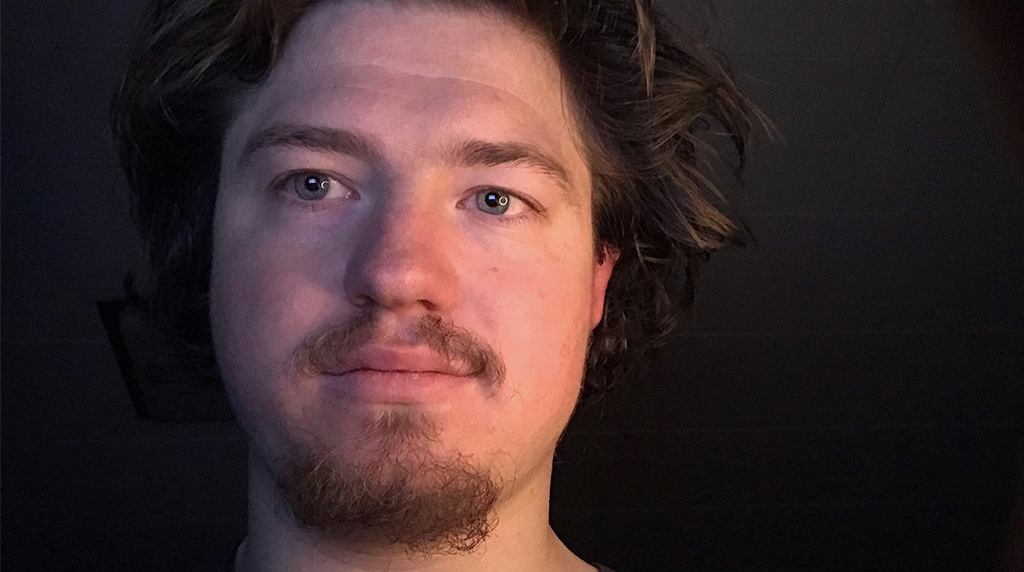
It is your first full-length film. Tell us how filmmaking started for you. Is there a specific time / event that made you realise that this is what you wanted to do?
Film is the reason that I am healthy and functioning today. Film exposed me to better understand emotion, syntax, and intonation; allowing me to reprogram the neurons that would let me to recover my humanity. At first I wanted to be an actor, practicing line delivery so I wouldn’t sound flat anymore. That proved to be too difficult in middle school by lack of emoting the face, so when I started high school, I took a screenwriting class. That is when I knew what I would do with my life.
Why “Sanctuary Dream”? Why was it important for you to release that film?
Sanctuary Dream became a priority for me because I was disturbed, tired, and frustrated with inauthentic depictions of autistic people; not just in film but in medicine, academics, and psychology. The real experiences are not depicted while completely lacking authenticity. Sia’s Music pissed me off as well for its depictions of how autistic individuals should be treated. In addition, the initial release of Sanctuary Dream broke even but I thought it dealt with important issues and deserved a second chance.
“It took 15 drafts to get to where I wanted it to go because autism is a spectrum, and I wanted to accurately portray scenarios that many, many people with autism have experienced”
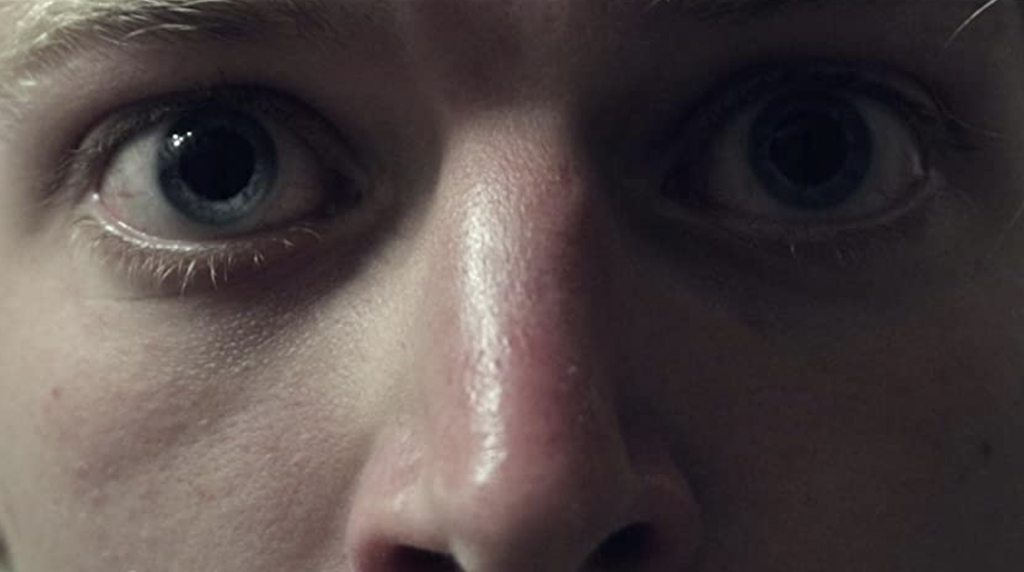
You said that “Though there are definitely films which depict Autism, almost all of them show viewpoints from the other side”. Can you explain your filmmaking process to reproduce the autistic point of view?
I had spent considerable time working on a screen play for a dark romantic comedy for about seven months. After finishing a first draft, the majority of my proof-readers — Dr. Dave Carsten, Jack Travis, Brian Nicholas Carsten, Melissa Nikolai, Stephanie Judah, Timothy Vanaudsal, and Aaron Lettman — told me the only character they cared about was the autistic character. From that input, I took the initiative to make an autism simulation movie.
It took 15 drafts to get to where I wanted it to go because autism is a spectrum, and I wanted to accurately portray scenarios that many, many people with autism have experienced, through the theme of domestic violence. It was important to choose the right actor to be Faisal. I auditioned six legitimately autistic actors before I went to Traven. Explaining what was essential along with depicting the authentic autistic point of view. That can only be depicted with a focus on the writing, the actors’ attention-to-detail, and careful editing.
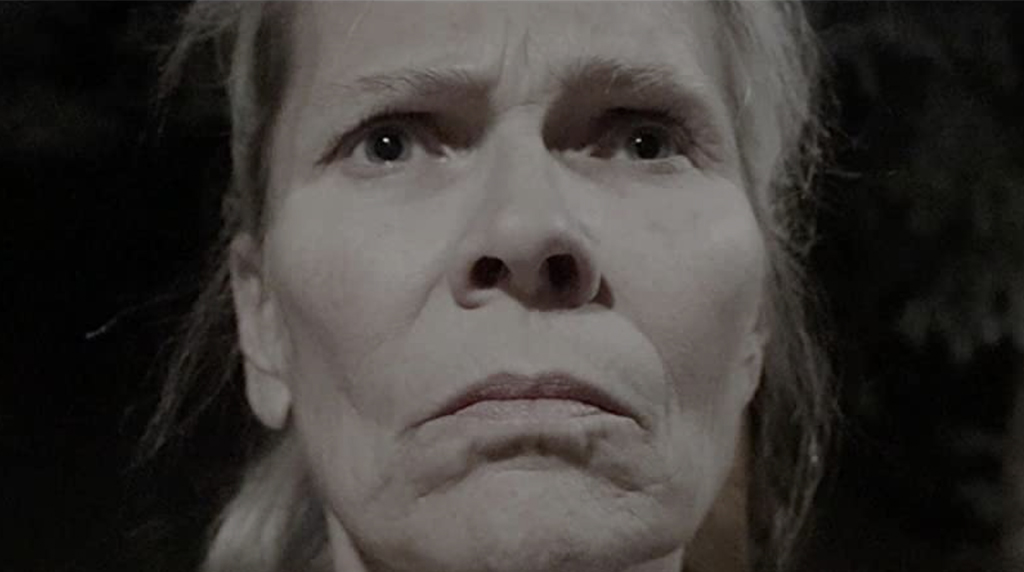
You did a great job in representing the autistic experience to the viewers. What has been your greatest challenge in making the film?
The greatest challenge in making the film was that only 3 of the actors actually memorized their lines while everyone else looked at theirs the day of shooting. It was difficult to find the home to film the domestic violence sequences as well, and two of the original actors quit after we were in the middle of shooting the movie.
“I want to finish my childhood catharsis, the Sanctuary Trilogy — Sanctuary Dream, Sanctuary Memories, and Sanctuary Reverence.”
Another great achievement in the film is the cast that supports it. Tell us more about the audition process and finding the balance between the characters. Traven Thomas, with whom you worked previously, is great in the lead role. What was your approach with him for this project?
There was no audition process besides Traven and John. Everyone else was chosen based on how they act or have acted before in real life. In Kristin and Kendeyl’s case, a last minute recast while filming. Traven knew me enough to trust that no matter what I did, the work would at least be interesting. We started shooting in the middle of June 2017 to the beginning of September. Phase I was the Grocery Store Sequence. It was the most boring part of the script, but it allowed Traven the legroom he needed so we could both mutually trust each other.
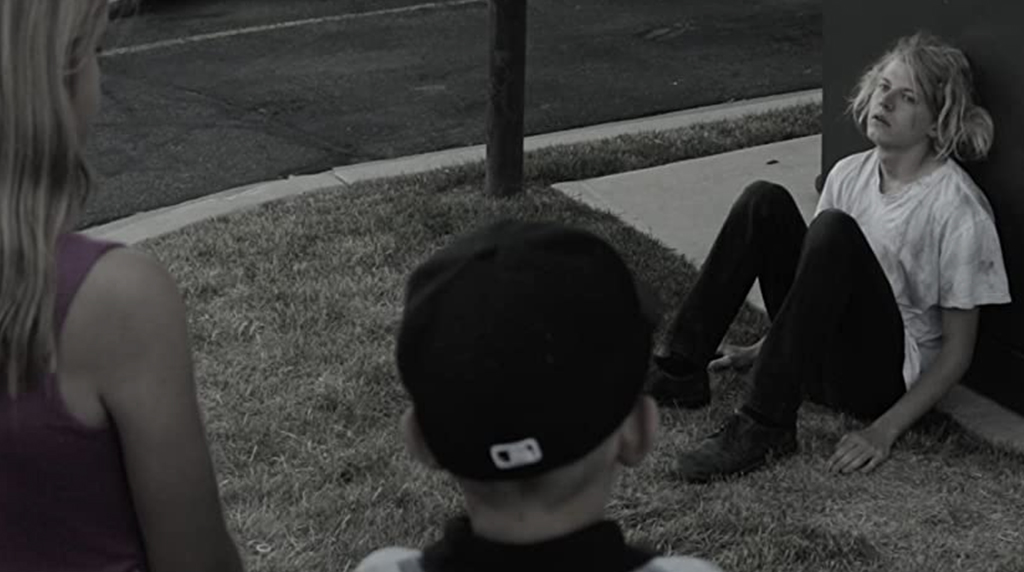
What would you like the viewers to take from “Sanctuary Dream”?
I would like viewers to take away that unconventional, atypical thought processes do not make one mentally ill and that violence is not how you teach someone to grow. It would also be good for everyone, including people on the spectrum, to learn how to listen and to be truly mindful before jumping to conclusions regarding the reasons for an individual’s behavior. Learning the difference between similar emotions and becoming competent with specific skill sets are difficult.
Interpretation of the world is very difficult for normal people to teach to autistic people. Much of the exposure to the real world for autistic people is emotional abuse, from eyes, ears, and mind. Misunderstandings lead to believing emotional instability is normal human behavior. Autistic thinking is very inductive while society flourishes by explaining topics with deductive reasoning. Barred from job, education, and independent housing opportunities because of simple misunderstandings, regardless of competency levels.
“The editing and cinematography intentionally attack the audience as a simulation of autistic perceptions by emulating brain stings.”
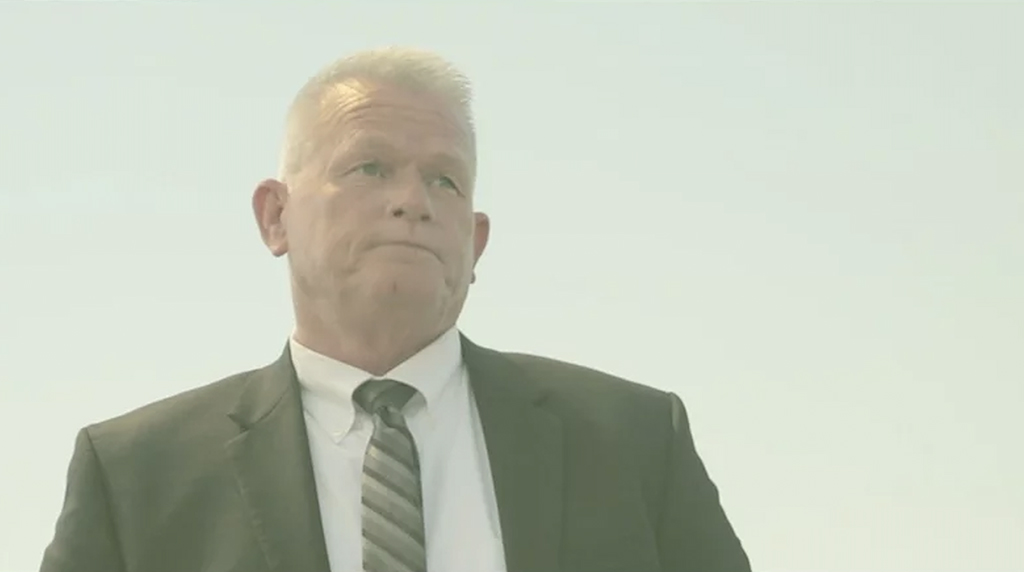
You just won “Best Director” at New Creators Film Awards. Your film has been well-received by the festivals. What has been the audience reaction so far?
Reactions were mostly positive from all over the world. The people who hate the film hate it for the very reasons I made it. They are uncomfortable with what it feels like to be autistic. The editing and cinematography intentionally attack the audience as a simulation of autistic perceptions by emulating brain stings. The supporting characters being “unjustifiably cruel” and the lack of backstory, that was written but not shown, is a huge turn-off for the haters too. It depicts the world as experienced by an autistic mind. The film’s mono sound was definitely a nitpick, but almost everyone loved my OST for the film.
What can we wish for your future in filmmaking?
It is important to me for investors and producers to be able to relate to my work so I can have the opportunity to make better projects. I want Film Pocket Knife Pictures to get support to make short films so the company is better known and has a sturdy foundation. I want to finish my childhood catharsis, the Sanctuary Trilogy — Sanctuary Dream, Sanctuary Memories, and Sanctuary Reverence. I have plans for 32 other features, though I have solid ideas for seven original films and five intellectual properties right now.
Sanctuary Dream, directed by Grant Carsten
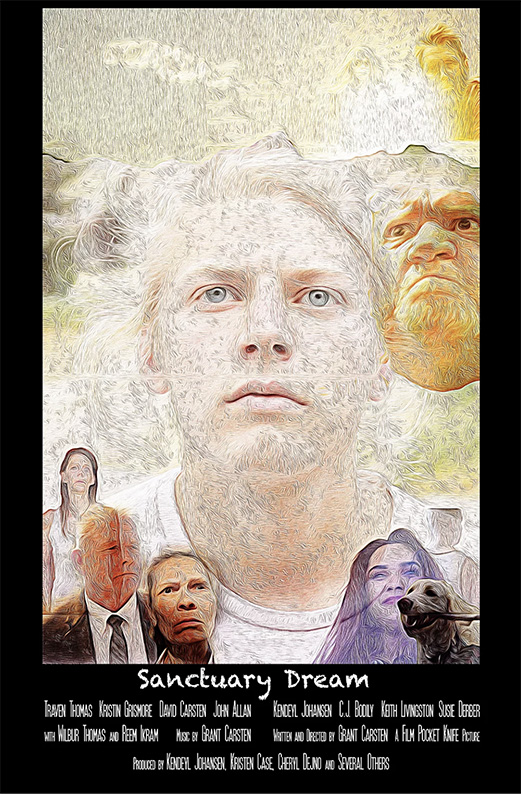
Writer-director Grant Carsten’s Sanctuary Dream is a potent and powerful depiction of autism that uses the visual medium to zap the audience directly into the shoes of such individuals, allowing ordinary people to experience the trauma of autism firsthand. Starring Traven Thomas as Faisal Ost, the film charts Faisal’s difficult life as domestic disturbances, violence and homelessness force this autistic individual to reluctantly find peace in his life.





